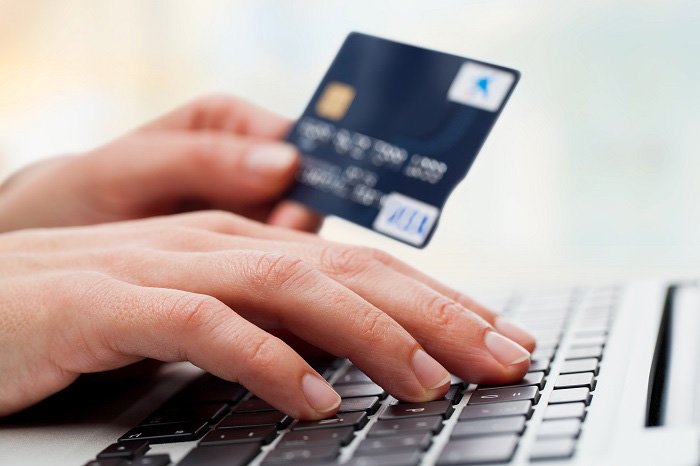Congratulations! You’re about to launch your website and you’re ready to accept credit cards online for the products or services you offer. And you want to move fast.
Paypal is an option, but then you read about merchants being unexpectedly shutdown by the payments giant. It is a risk you cannot afford to take.
You want a long-term solution, one with reliable customer support because there are countless things to consider.
1. Apply for a Merchant Account
When the idea of launching an e-commerce business comes, applying for a merchant account is the first thing you should consider. All online businesses have different needs such as accepting payments in different currencies, monthly volume, determining risk factor and weekly payouts.
Find a credit card processor that offers customizable merchant accounts tailored to your business.
2. Find the Best Shopping Carts
Speaking of customizable, the beauty of shopping carts is all the wonderful and different things they can do. Consider and prioritize your needs, such as a shopping cart that calculates shipping costs automatically, one that uses USPS, FedEx or UPS as its preferred shipping agent. Your merchant account provider can assist in this.
Perhaps the most important piece to choosing a shopping cart is one that is compatible between the merchant and payment service provider. Communication between parties is paramount.
3. Set up your Payment Gateway
A payment gateway is an e-commerce service that authorizes payments for merchants. It is the equivalent of a physical POS (point-of-sale) terminal located in most retail outlets – the machine that scans your credit card at a store. The online payment gateway typically has two components:
- Virtual Terminal: The virtual terminal makes it possible for a merchant to securely login, key credit card information, and add users with fixed privileges.
- Integrated Shopping Cart: The integrated shopping cart connects to the payment gateway via an API to allow for real time credit card processing from your website.
4. Get an SSL Certificate
Providing your customers with the utmost e-commerce security cannot be understated. SSL certificates (secure sockets layers) enable encryption of sensitive information during online transactions. Any page on your website that stores, displays or transmits customer data requires data security – and that’s where an SSL certificate comes in.
5. Go One Security Step Further
In an age of e-commerce fraud, online merchants cannot be too careful. You might consider having your payment service provider host your payments page, enabling for an extra step of security. Additionally, PCI DSS compliance – following the list of security standards set by the Payments Cards Industry – is also something Instabill urges its merchant partners to do.
Once your merchant account, payment gateway, shopping cart and security measures are in place, you’re ready accept credit cards online.
Each option is available individually, you could simplify your search and find an e-commerce payment service provider such as Instabill – a one stop shop to handle all five steps. Our live, expert merchant account managers are available by calling 1-800-318-2713.


